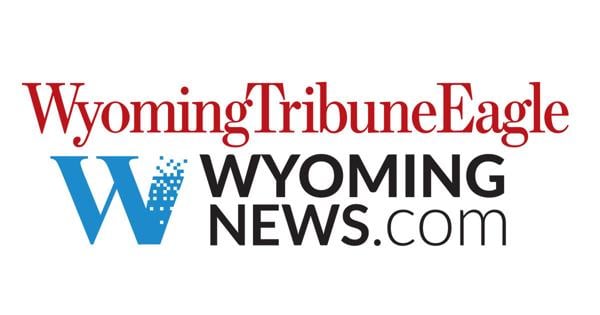A significant legal confrontation is unfolding as states and small business owners challenge President Donald Trump’s assertion of tariff authority before a federal appeals court. This pivotal hearing aims to determine the constitutional limits of presidential power in matters of international trade and economic policy.
U.S. Attorneys, representing the Trump Administration, are set to defend the president’s use of tariffs, arguing his actions fall within executive prerogative. The oral arguments before the U.S. Court of Appeals for the Federal Circuit mark a crucial juncture in this high-stakes legal battle, with implications extending far beyond the courtroom.
The core of the dispute revolves around President Trump’s April 2 “Liberation Day” tariffs, which aimed to rebalance global trade and provide American companies a competitive advantage. These measures, part of a broader strategy to exert presidential authority in trade negotiations, have been central to his economic agenda.
The challenge against Trump’s tariff authority originated in May, leading to a unanimous ruling by the U.S. Court of International Trade. This three-judge panel determined that Congress had not granted the president specific tariff authority under the International Emergency Economic Powers Act of 1977, thereby voiding the “Liberation Day” tariffs and others issued under the IEEPA.
Following this initial setback, the administration swiftly appealed to the Federal Circuit. This Appeals Court permitted the “Liberation Day” tariffs to remain in effect during the ongoing legal process, highlighting the complexities and urgency of the case. While oral arguments proceed, a definitive decision could still be several weeks away, according to legal experts.
This legal scrutiny of presidential authority regarding trade policy underpins many of the Trump Administration’s domestic and foreign policy actions. The outcome will significantly impact future trade talks and the balance of power between the executive branch and Congress on economic matters, potentially reshaping the landscape of US economic law.
Major organizations, including the U.S. Chamber of Commerce and the Consumer Technology Association, have weighed in, filing “friend-of-the-court” briefs. They emphasize the profound economic and political consequences if the President’s broad interpretation of the IEEPA stands, warning of irreparable harm to American businesses.
The legal arguments presented by these industry groups contend that the IEEPA does not mention tariffs or implicitly empower the president to unilaterally impose duties of unlimited scope and duration. This challenge underscores the critical need for clarity on the boundaries of executive economic law and its impact on the nation’s commercial landscape.






Leave a Reply